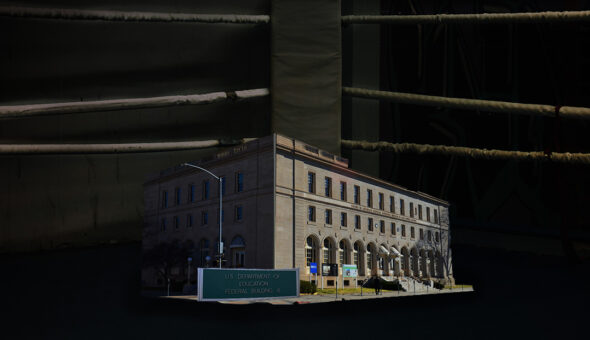The strategic gamble of neutrality
Universities that publicly embrace political neutrality could benefit strategically, but they risk the highest potential loss. Outsiders may view these stances as a refusal to support causes, which could backfire. From a public relations perspective, today’s decisions are based on predictions for tomorrow.
“Universities should ensure students and faculty maintain the freedom to express their points of view in the classrooms and in public spaces … not dictate right or wrong.”
As Kelley put it, “A closed mouth catches no flies; from a communications perspective, you want to be sure you’re not doing any harm to yourself, your stakeholders or the public at large.” Kelley advises institutions to consider the long-term impact of their statements:
“It’s hard to predict. Institutions must think: ‘What am I willing to put on the line today in order to make these statements tomorrow?’ While statements look brave in the moment, often the longer-term effects are not taken into consideration.”









